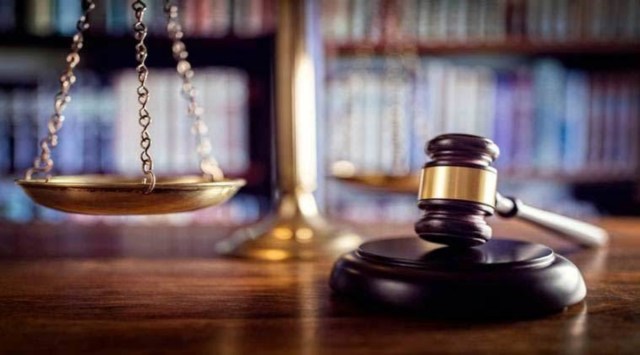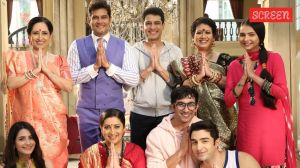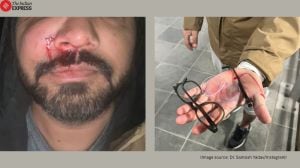Delhi: Court quotes poetry, Bhagavad Gita, dismisses trademark suit
District Judge (Commercial Court) Man Mohan Singh passed the order on December 1, after TTK, known for manufacturing kitchen appliances, dragged an online retail platform to court for selling its products without consent.
 The provision of Summary Judgment gives a party a right to get a claim in its favour without going through the process of recording oral evidence.
The provision of Summary Judgment gives a party a right to get a claim in its favour without going through the process of recording oral evidence.A Delhi court, while dismissing a trademark infringement suit, quoted American poets and verses from the Bhagavad Gita to explain why it was “showing an exit door to litigation without following the entire ritual of trial”. District Judge (Commercial Court) Man Mohan Singh passed the order on December 1, after TTK, known for manufacturing kitchen appliances, dragged an online retail platform to court for selling its products without consent.
Explaining why it was deciding the suit in favour of Hiveloop Technology Private, the defendant in the case, without ordering a trial, the court observed that it was the “duty of the court to show an exit door to a litigation without following the entire ritual of trial, if the same can be done within four corners of the law”.
The provision of Summary Judgment gives a party a right to get a claim in its favour without going through the process of recording oral evidence.
 The court noted that it is an “effective tool for deciding cases where a trial is unnecessary”.
The court noted that it is an “effective tool for deciding cases where a trial is unnecessary”.
Quoting a verse from the Bhagavad Gita, it said that while the task of considering a case or a claim for Summary Judgment, “logic for an action must be known, so also the logic for inaction and that the logic for a prohibited action must also be known, therefore the practice of ‘karma’ is profound”.
The court said that this situation could be best illustrated by quoting a poem from Shel Silverstein, which read: “Sarah Cynthia Sylvia Stout would not take the garbage out! She’d scour the pots and scrape the pans… From New York to the Golden Gate. And there, in the garbage she did hate, poor Sarah met an awful fate, that I cannot now relate because the hour is much too late. But children, remember Sarah Stout and always take the garbage out!”
While deciding on the trademark infringement suit, the court said the plaintiff has “no real prospect of succeeding on this claim of inducement of breach of contract and there is no compelling reason for this claim to proceed to trial”. “Any oral evidence, which the plaintiff is contemplating on leading, would only be a superfluous exercise. No evidence that is contrary to the pleadings can be allowed to be adduced. Thus, contemplating that by some iota of evidence the tables may turn is nothing but wishful thinking without any legal basis,” the court said.












